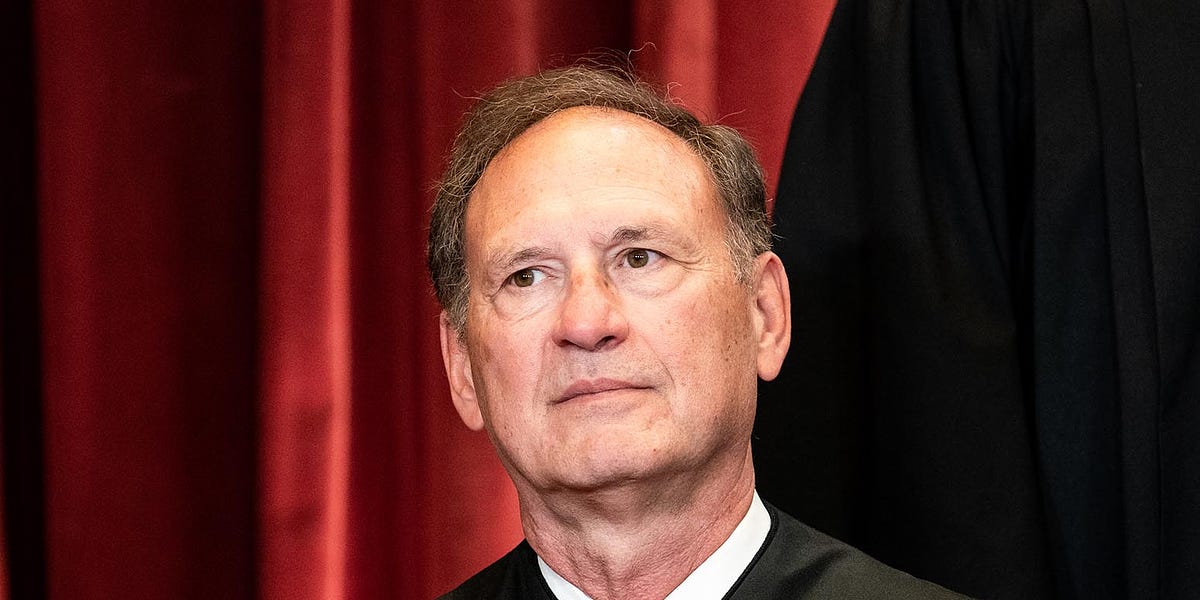Is it possible for you to post where the individual justices indicated that the 2nd amendment is an individual right and not one that must be connected to being a part of a militia or anything other than an individual right? I wasn't able to find anything but you are apparently more knowledgeable on this case than I am.
What I was able to find is the information on subsequent opinions that reference Miller.
Here are the Supreme Court's interpretations of the 1939
Miller opinion:
Konigsberg v. State Bar (1961); Footnote 10 That view, which of course cannot be reconciled with the law relating to libel, slander, misrepresentation, obscenity, perjury, false advertising, solicitation of crime, complicity by encouragement, conspiracy, and the like, is said to be compelled by the fact that the commands of the First Amendment are stated in unqualified terms: "Congress shall make no law ... abridging the freedom of speech, or of the press; or the right of the people peaceably to assemble". But as Mr. Justice Holmes once said: "[T]he provisions of the Constitution are not mathematical formulas having their essence in their form; they are organic living institutions transplanted from English soil. Their significance is vital not formal; it is to be gathered not simply by taking the words and a dictionary, but by considering their origin and the line of their growth."
Gompers v. United States, 233 U.S. 604, 610. However, compare the qualified language of the Second Amendment: "A well regulated militia, being necessary to the security of a free state, the right of the people to keep and bear arms shall not be infringed." And see
United States v. Miller, 307 U.S. 174.
Heart of Atlanta Motel v. United States (1964); (concurring opinion of Black; Footnote 11) "... cases in which the commerce power has been used to advance other ends not entirely commercial: e. g., ...
United States v. Miller, 307 U.S. 174 (National Firearms Act);
Adams v. Williams (1972); (dissenting opinion of Douglas, joined by Marshall) The leading case is
United States v. Miller, 307 U.S. 174, upholding a federal law making criminal the shipment in interstate commerce of a sawed-off shotgun. The law was upheld, there being no evidence that a sawed-off shotgun had "some reasonable relationship to the preservation or efficiency of a well regulated militia". Id., at 178. The Second Amendment, it was held, "must be interpreted and applied" with the view of maintaining a "militia".
Critics say that proposals like this water down the Second Amendment. Our decisions belie that argument, for the Second Amendment, as noted, was designed to keep alive the militia.
Lewis v. United States (1980); Footnote 8 (the Second Amendment guarantees no right to keep and bear a firearm that does not have "some reasonable relationship to the preservation or efficiency of a well regulated militia");
United States v. Three Winchester 30-30 Caliber Lever Action Carbines,
504 F.2d 1288, 1290, n. 5 (CA7 1974);
United States v. Johnson,
497 F.2d 548 (CA4 1974);
Cody v. United States,
460 F.2d 34 (CA8), cert. denied, 409 U.S. 1010 (1972) (the latter three cases holding, respectively, that 1202 (a) (1), 922 (g), and 922 (a) (6) do not violate the Second Amendment).
Printz v. United States (1997) (concurring opinion of Thomas) Our most recent treatment of the Second Amendment occurred in
United States v. Miller, 307 U.S. 174 (1939), in which we reversed the District Court's invalidation of the National Firearms Act, enacted in 1934. In
Miller, we determined that the Second Amendment did not guarantee a citizen's right to possess a sawed off shotgun because that weapon had not been shown to be "ordinary military equipment" that could "contribute to the common defense". Id., at 178. The Court did not, however, attempt to define, or otherwise construe, the substantive right protected by the Second Amendment.
District of Columbia v. Heller (2008)

